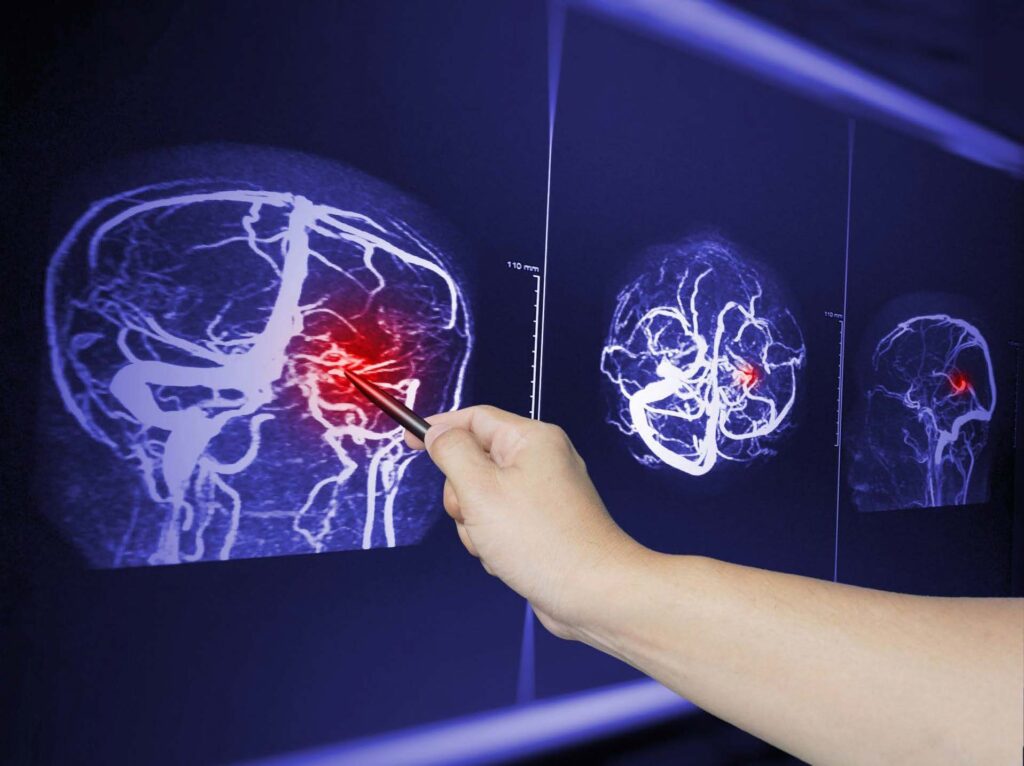The severity and long-term impact of different types of TBIs can vary dramatically. Even mild TBIs like concussions can have significant cumulative consequences if patients fail to receive adequate treatment or repeatedly suffer head injuries.
What Is a Concussion?
Concussions are milder head injuries often triggered by direct impact or rapid head movements that cause the brain to shake around in the skull. Many everyday accidents result in concussions.
• Contact sports injuries
• Car accidents
• Assault
• Other sources of blunt-force trauma
What Are the Symptoms of a Concussion?
While concussions are on the milder end of the brain injury spectrum, medical experts recommend that people visit a doctor if they notice concussion symptoms. Concussion symptoms do not always manifest immediately after an accident. Some patients do not report symptoms until days later.
• Headache
• Neck discomfort
• Nausea or vomiting
• Dizziness
• Weakness or numbness
• Incoordination
• Ringing in ears
• Tiredness or fatigue
• Dazedness
• Confusion
• Abnormal or slurred speech
• Unconsciousness
How Is a Concussion Treated?
If severe damage like a skull fracture or significant brain trauma is suspected, the doctor may order imaging tests like CT scans (Computed Tomography scans), MRI (Magnetic Resonance Imaging) and X-rays.
Doctors try to avoid imaging tests when possible because CT scans and X-rays expose patients to radiation, which can be harmful. MRI testing doesn’t utilize radiation, but it is the more expensive option. After a patient is diagnosed, they usually spend a night in the hospital, where they are observed for worsening symptoms.
What Is the Concussion Recovery Process?
Concussion symptoms usually only last a couple of days or weeks, but doctors typically ask patients to take it easy for a few days afterward so the brain can completely heal. Suffering a repeated concussion before the brain can fully recover puts the patient at an elevated risk of worse brain injury or death.
What Is a TBI?
The brain is a fragile organ, which means any severe jostling, blunt force trauma or piercing injury has the potential to result in severe, potentially irreversible injuries.
Examples of accidents or events that frequently result in TBIs include:
• Severe vehicular accidents
• Any fall that results in the head impacting a hard surface
• Seizures, strokes and other medical emergencies that result in a lack of oxygen to the brain
• Assaults
What Are the Symptoms of a TBI?
Symptoms of traumatic brain injuries depend on the cause and severity of the injury. Internal brain damage could occur from a stroke, seizure disorder or other abnormal brain activity. Some seizure disorders may require brain surgery.
Potential TBI symptoms include:
• Headache
• Confusion
• Dizziness
• Blurred vision
• Fatigue
• Ringing in ears
• Altered sleep schedule
• Changed behavior/mood
• Cognitive problems
• Aphasia (difficulty speaking)
How Is a TBI Treated?
Doctors highly encourage patients to go to the hospital if they notice symptoms of a traumatic brain injury. Neurological, cognitive and imaging tests help doctors assess the extent of the damage. Background information may also help neurologists understand how the TBI happened and whether surgery is needed.
What Is the TBI Recovery Process?
Most traumatic brain injuries demand intensive treatment to help patients recover. Some TBI patients require rehabilitation services like physical, occupational, and speech therapy. Rehabilitation may help some patients recover, but it’s not uncommon for victims to suffer permanent and irreversible brain damage after a serious TBI.
Call Johnny Phillips for a Brain Injury Lawyer in Georgia
To schedule a free consultation, call 833-JOHNNY3 (833-564-6693).
